Introduction
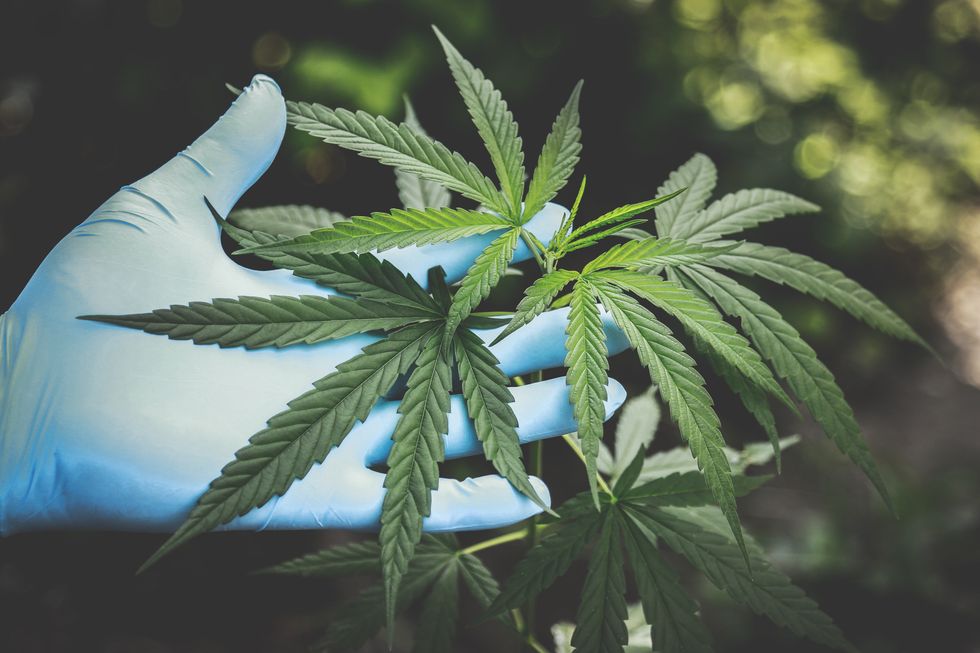
When people first think of the word 'cannabis', the movie Mac and Devin Go to High School may come to mind. For those of you who love '80s movies, maybe the scene from The Breakfast Club where the main cast smokes weed in the library brings back fond memories. But the cannabis industry is no longer one that is stigmatized and confined to the antics of rebellious teenagers. From pain relief to potential cancer treatment, the health benefits and monetary potential of the industry is one that has turned the heads of many venture capitalists. Countries around the world are also starting to see the exponential growth potential of the cannabis industry as its designation as a sinful substance is beginning to ebb.
The United States and Canada
With a global legal and illegal value of $344.4 billion USD, the legality of the cannabis industry is being addressed by different countries around the world. The legalization of cannabis in Canada is a step forward for the North American region in recognizing the industry. In Colorado, where the recreational use of cannabis is legal, tax revenues have jumped by 266% from 2014 to 2017. A concern for the US is that while cannabis may be legal in some states, it is illegal at the federal level and is still classified as a Schedule 1 drug--meaning it has a high potential for abuse and no medicinal purposes.
This classification puts marijuana in the same category as heroin and ecstasy--drugs of a very different nature. Thus, cannabis companies are wary of establishing roots in the US since this unique disparity between the state and federal law puts cannabis on the line between legal and illegal. The high barriers to entry for cannabis companies in the US also make it difficult for cannabis companies to enter the US market. For example, in Arizona, one must have at least $150,000 in startup capital in order to meet the capital requirement for a medical marijuana license. While Canada has become one of the few countries that have legalized both recreational and medical use of marijuana, the US still struggles with legality at different levels of its government.
Europe
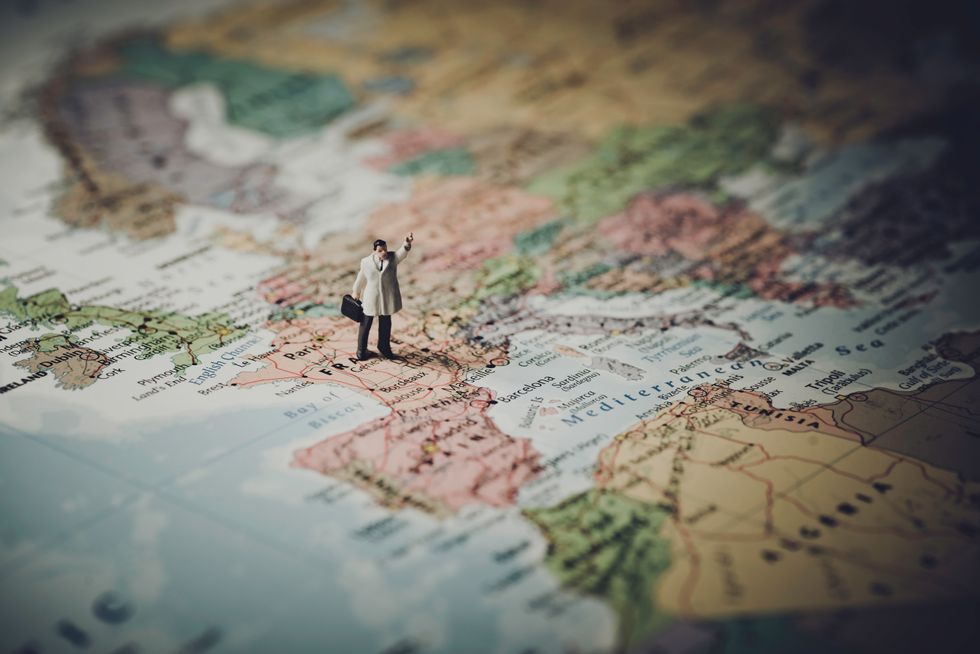
Across "the pond", Europe is realizing the potential of the cannabis industry. According to Benzinga, Europe's CBD (cannabidiol) market is expected to grow from this year's expected $416 million to a $1.7 billion increase by 2023 with a 2019-2023 CAGR of 43%. In May 2019, Bulgaria has issued a Free Sale Certificate for the sale of CBD--being the first EU country to do so. Since the CBD and cannabis industry in Europe is developing, the industry is highly fragmented.
However, as the demand for cannabis in Europe increases, there will be companies to provide a supply. I can foresee two main outcomes for cannabis company influence in Europe: the consolidation of the industry by a European company or consolidation from an international one. The first outcome might take place if a country that already medically legalizes cannabis such as Germany manages to establish a strong foothold in Europe and expand as other countries in the EU start to decriminalize and allow for the sale of medical marijuana.
On the other hand, the second outcome may occur if a company such as the US's Curaleaf expands its operations overseas and becomes a big player there. The European market may be small but it has the potential to be a large source of growth as it has been shown that cannabis companies expressed interest in expanding to different continents--namely Africa.
Africa
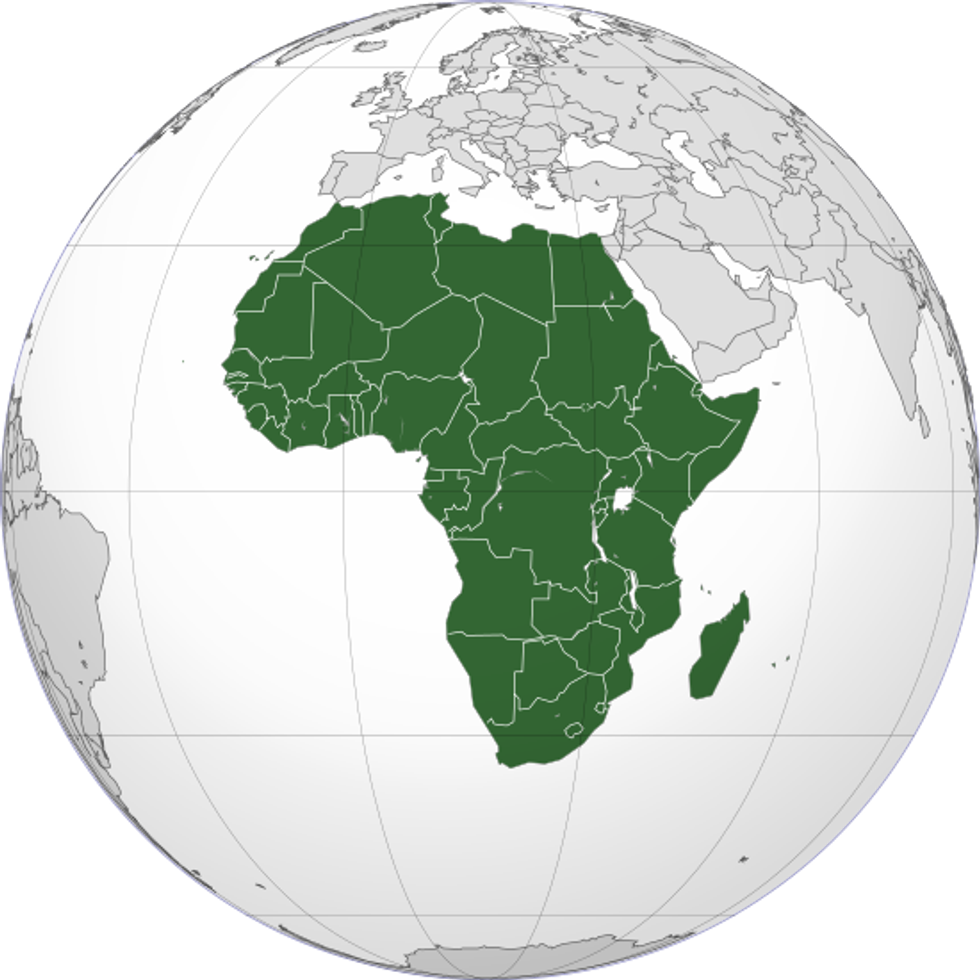
As a continent, Africa has long been fragmented due to colonialism and in economic turmoil despite having large reserves of valuable industries such as gold--of which Africa has half of the world's reserves. However, as Africa develops, its overall economy shows enormous potential. No, this is not because of Vibranium from Black Panther but from--as I'm sure you've guessed by now--cannabis.
Aside from its abundance of natural resources, Africa's relationship with cannabis is one that can spur the wheels of commerce. South Africa became the third country to allow the use and cultivation of cannabis. Despite cannabis being illegal throughout most of the continent, Africa has had a long history with cannabis as a substance for medical and social purposes. If African countries are looking to preserve part of their past while also looking to the future, cannabis may be considered for legalization in these countries due to a storied relationship with the substance.
Legalization in Africa may come to fruition as almost a third of the cannabis-using population lives in Africa. As Africa's countries further stabilize their economies, many companies will look to jump on the opportunity to lead technological advances on the continent. In part through cannabis technology such as CBD vapes, legalization could further stimulate commerce in the continent and I would expect many foreign cannabis-based companies to express an interest in establishing a footing in the African market.
South America
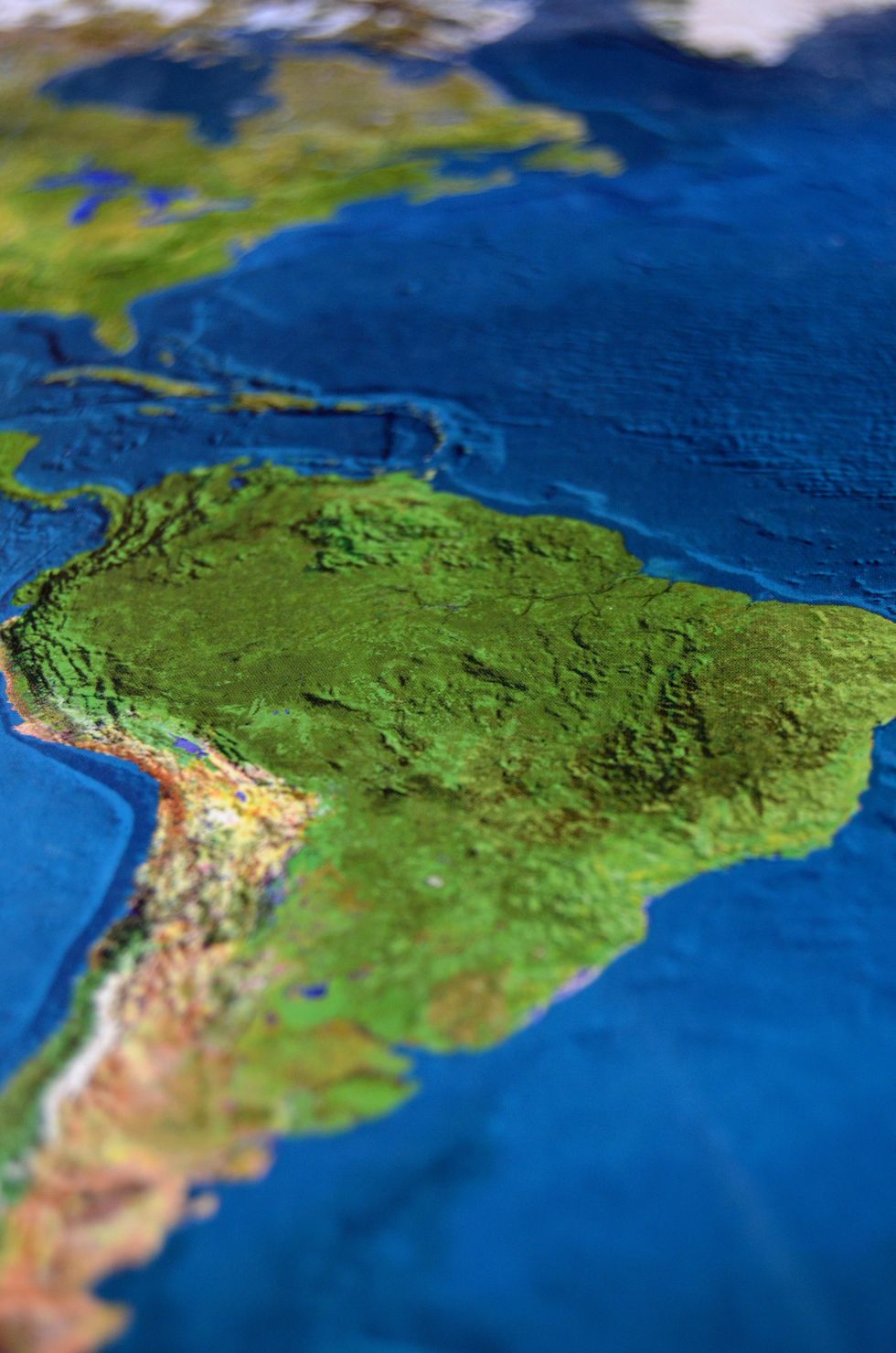
Humidity that makes you feel like your face is melting off. A carefree approach to life. Tropical beaches perfect for cracking a cold one. Many parts of South America fulfill these characteristics. But these attributes are beneficial to something more than just spring breakers and snowbirds: marijuana growth. Health Europa states that the medical cannabis market in Latin America is expected to be $8.5 billion in 2028--with Latin America's total cannabis market expected to be valued at $12.7 billion in the same year. If we look at Colombia, the equatorial climate and lower costs of labor make the production of cannabis less costly than that of countries such as the US and Canada.
In fact, the costs of production in Colombia are so low that Canadian cannabis companies are starting to feel pressure from Colombian ones. According to Barron's, the lowest cost of producing a gram of weed in Canada is Organigram Holdings' $1.65 while Colombia's estimated cost is $0.50 a gram. The millions of dollars spent by Canadian and American companies on greenhouses for cannabis production are not needed in Colombia as the weather is conducive to cannabis growing. At the moment, cannabis is not allowed to be exported out of Colombia but this may change soon as a Colombian marijuana company has received authorization to ship marijuana to Canada for testing.
Chile poses a significant presence in the Latin American cannabis industry as it has the highest cannabis consumption rates in Latin America--with a forecasted value of $3.35 billion in 2028. Due to lower production costs and acknowledgment of demand, the South American cannabis industry and its companies have the potential to disrupt the industry in the US and Canada.
Asia-Pacific
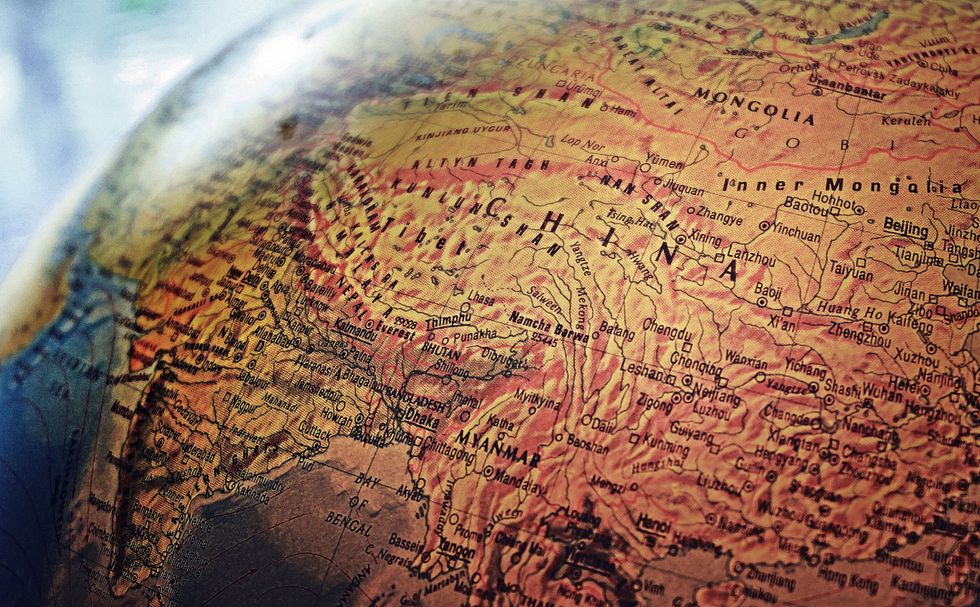
Drugs in the Asia-Pacific region have long been a taboo substance. If we turn back the clock, we see that China's economy was the largest in the world in the early 1800s. However, this all changed when the British smuggled opium into China to open the country up for trade and ignited the Opium Wars--causing China's GDP to drop by more than half of what it originally was due to widespread addiction. Japan placed harsh penalties for drug use after it lost World War II. During the US occupation of Japan, the US outlawed cannabis on home soil and did the same to Japan.
This lack of tolerance for drugs was further exacerbated from Japan's social situation after the war as stimulant use was rampant--possibly as an escape from war memories and the scarcity of food. So what do these two Asian countries have in common? They were influenced by Western countries in their drug policies. As the saying goes, history repeats itself and this has been shown by China becoming open to the cannabis industry. Japan is still intolerant of cannabis use but according to The Economist, China grows half of the world's hemp.
While China still has very strict drug policies, there are companies that grow the substance and ship it overseas. It is expected that the Chinese influence in the cannabis market will only continue to grow as Chinese companies own 309 of all 606 cannabis patents worldwide. However, I see some potential issues with the growth of Chinese cannabis companies. First is the trade war between the US and China. At the time this article was written, President Trump announced that he was going to increase tariffs on Chinese goods from 10% to 25%. If this tariff affects the exportation of cannabis and importation of goods as a whole to the US, the country may lift its tariffs on China.
I see Chinese companies focusing operations on countries such as Malaysia, where medical marijuana is being considered for legalization rather than the US--where there are already some established companies. Another interesting aspect to note is that cannabis is not legalized for growing and consumption in China except for Yunnan province, in which marijuana can be grown. I do think that eventually, China may change its stance on this measure but due to cultural stigma and its history surrounding drugs, I don't see this changing anytime soon.
Conclusion
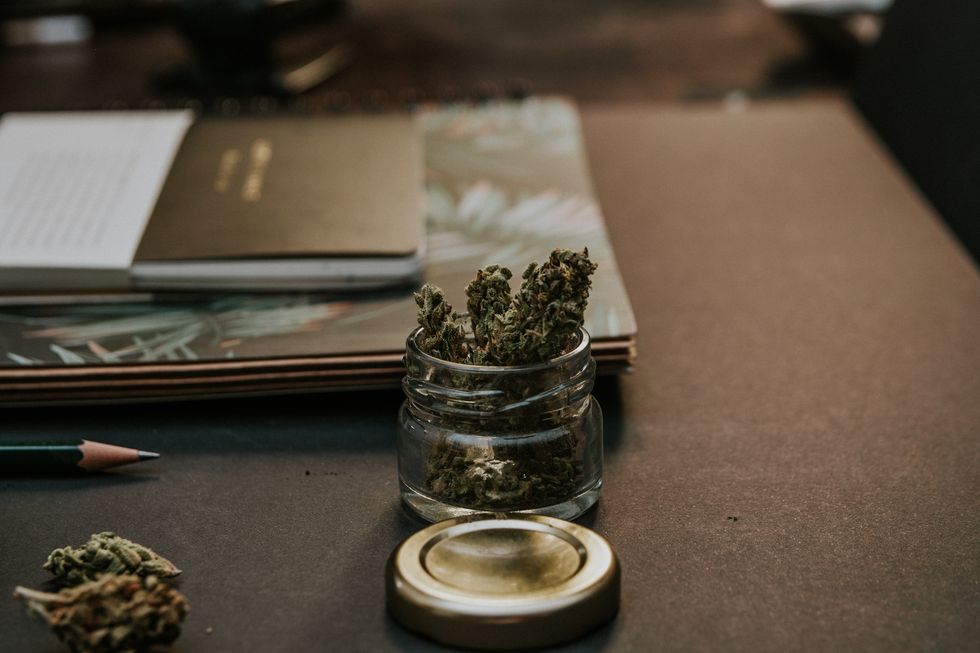
I can see a future with a lot of green changing hands--and I'm referring to more than just the green with Benjamin Franklin on the front. As medical cannabis legalization starts to become a consideration for countries around the world, cannabis companies are capitalizing on the opportunity to turn this currently fragmented industry into one that is more consolidated with a few big players. Since cannabis has garnered interest around the world, I would expect big players to not be from a single geographic region. Regional influence for cannabis companies is not an unreasonable assumption. However, the industry still needs to face the historical criticism and stigma associated with it.
Many countries in the world have had a long relationship with cannabis but history has oftentimes served to decimate this relationship. If the health and economic benefits of cannabis are touted, there could be a domino effect where countries all begin to legalize cannabis use. Despite the controversy of legalizing marijuana, it is an industry is brimming with potential: waiting to be capitalized on by the world.














